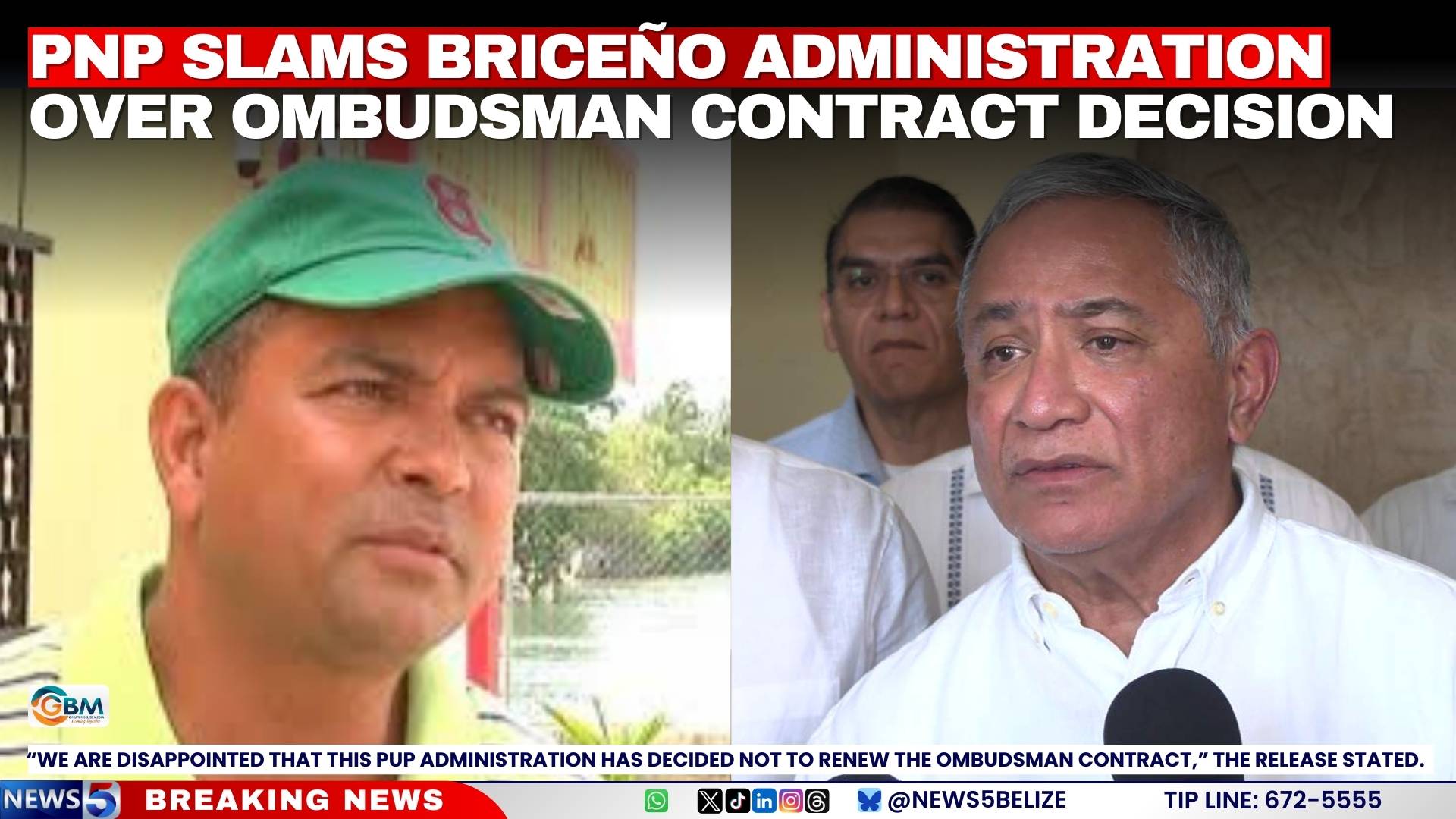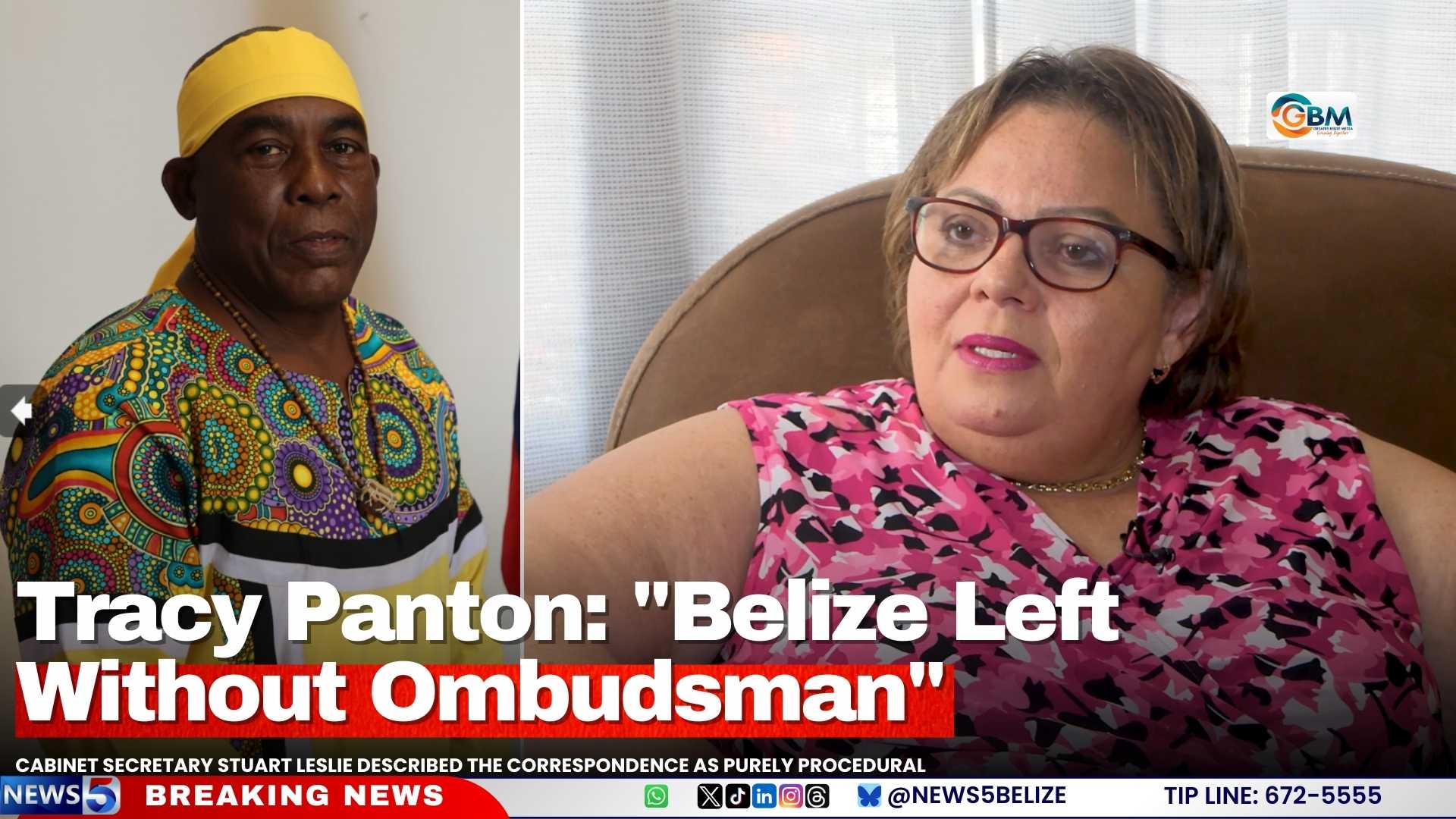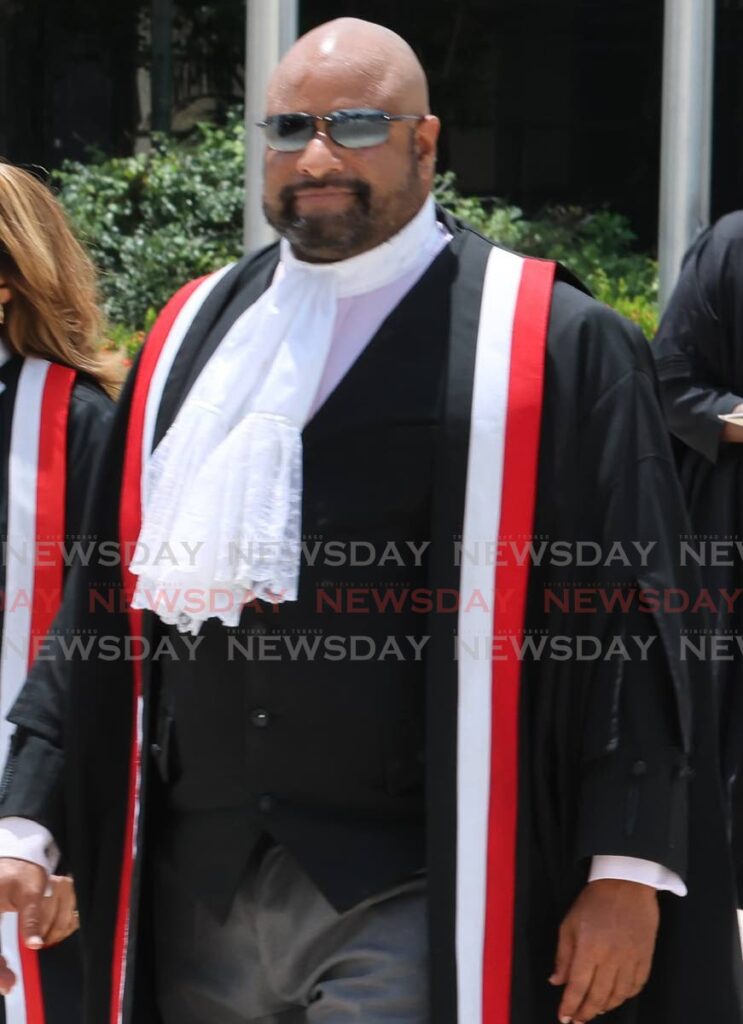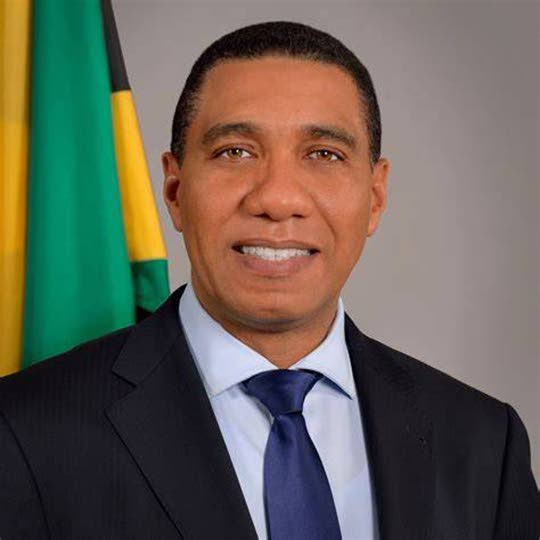In his comprehensive New Year’s Address for 2026, Honourable Mark A. G. Brantley, Premier of Nevis and Leader of the Opposition in St. Kitts and Nevis, articulated a compelling vision for national progress while calling for renewed social cohesion among citizens. The address balanced celebration of 2025’s economic achievements with a sober acknowledgment of growing societal divisions, particularly in public discourse and social media interactions.
Premier Brantley commenced with traditional seasonal greetings before launching into an extensive review of the federation’s accomplishments throughout 2025. The nation witnessed significant economic growth with a 3% increase in employment figures and a remarkable 30% surge in new registrations within the Financial Services Sector. Infrastructure development saw substantial progress through road construction at Morgan Estate and widespread rehabilitation of transportation networks across Nevis.
The healthcare sector achieved groundbreaking milestones, including 25 patients receiving specialized colon treatments, 633 men undergoing prostate screenings, and 1,576 individuals benefiting from the Eye Care Program. Alexandra Hospital made history by performing cataract surgeries, glaucoma treatments, diabetic eye care, and pioneering corneal transplant procedures.
Housing development emerged as a particular success story, with the Nevis Housing and Land Corporation constructing 25 homes valued at $6.9 million in 2025 alone. Since 2013, the administration has delivered 346 homes totaling $76.1 million in investment—a transformation Premier Brantley characterized as a ‘housing revolution.’
The address highlighted innovative economic diversification strategies, particularly the development of a film industry initiated during the COVID-19 pandemic. Six major motion pictures filmed on the island in 2025, accompanied by a second fashion shoot from Southern Tide Fashion Brand, creating both economic opportunities and platforms for local talent.
National security received significant enhancements through the operationalization of a modern 911 Dispatch Unit, expansion of the K9 Unit with three new dogs, and installation of phase one of a sophisticated Radar System with high-resolution cameras.
Looking forward, Premier Brantley outlined an ambitious agenda for 2026 featuring: geothermal drilling contracts in the first quarter, construction of 34 additional affordable homes, sale of 134 lots at Garner’s Estate, accelerated chicken broiler project development at Prospect, and commencement of both the Airport Project and Alexandra Hospital Wing Project. The cultural sector will see production of a major film starring acclaimed actor Taye Diggs, while infrastructure improvements will continue with road rehabilitation projects.
The tourism sector anticipates a substantial 27.7% increase in cruise arrivals and daily flights between St. Maarten and Nevis via WINAIR.
Premier Brantley addressed concerns regarding the proposed Destiny south coast development, acknowledging public apprehensions while emphasizing the necessity of bold economic decisions for sustainable progress. He argued that avoiding necessary development due to fear would result in economic stagnation and dependency, urging citizens to embrace transformative projects that would create jobs, attract investment, and enable diaspora citizens to return home.
The Premier concluded with a powerful call for national unity, respect for diverse opinions, and collective commitment to building a prosperous future for St. Kitts and Nevis, invoking divine blessing for the nation and its people in the coming year.









